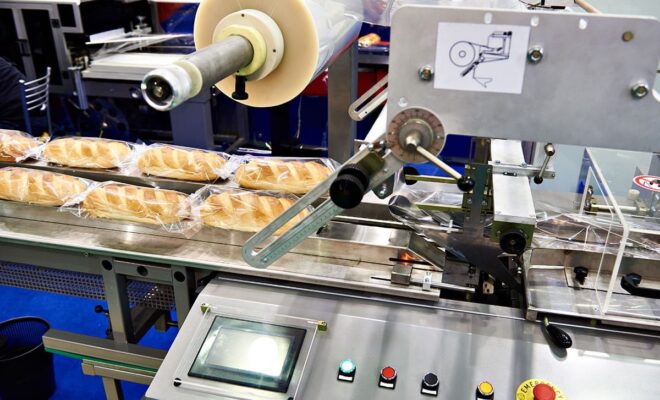The Position of Food Processing Equipment Manufacturers

Food processing equipment makers are very important in the modern-day food industry and they play an integral part in transforming raw materials into edible products compliant with stringent health and quality specifications. Such manufacturers make a range of equipment for use at different stages of food production, from raw material handling to final packaging of foodstuff, ensuring that all these processes are efficient, safe and uniform.
Creative Designing of Equipment
Manufacturers lead technological advancement by developing new types of machines to suit the changing needs of the food industry. Such innovation is seen through various kinds of machinery, including peeling and cutting used during the preparation process, pasteurizers and ovens used during thermal processing, as well as mixers and grinders, which are mechanical processing devices. These innovations aim at enhancing efficiency while also curbing waste and maintaining high levels of safety precautions.
Prioritizing Sustainability
There is a growing focus on sustainability among manufacturers involved in making food processing equipment. This commitment can be reflected in the development of low-carbon machinery aimed at saving energy resources, reducing waste generated by their operations, and utilizing renewable sources.
For instance, introduction of energy-efficient ovens and water-saving cleaning systems depicts how producers are dealing with environmental issues without neglecting their operational performance. In addition to being environmentally friendly, these developments result in both cost savings and improved effectiveness for food processors.
Incorporation With Advanced Technology
The use advanced technologies such as sensors and Internet of Things (IoT) has revolutionized the food-processing sector. The primary goal behind this has been real-time monitoring or control over production activities, leading to better performance or product standardization, respectively.
Smart automated predictive maintenance systems can forecast any future breakdowns, hence encouraging quick intervention that reduces downtime and minimizes maintenance costs associated with such breakdowns occurring later during operation periods. Therefore, this technological integration is critical to keeping up with the high operational standards set by the food industry dynamics.
Ensuring Compliance and Safety
Adherence to strict regulatory requirements established by the FDA (Food and Drug Administration) and USDA (United States Department of Agriculture) is a crucial factor for a majority of manufacturers of food processing equipment. Equipment designers are required under these regulations to create machines that prevent contamination throughout all manufacturing stages, maintain uniformity, and facilitate easy traceability.
There is also a need for manufacturers to meet all safety and quality standards, achieve required certifications, and undergo continuous audits. This stringent compliance process ensures that the food supply chain remains intact while protecting consumer health interests.
Challenges and Opportunities
Continuous technological advancements within the food processing equipment manufacturing sector do not just bring about benefits but also some setbacks. High initial capital outlays, complicated installation processes, and ongoing maintenance needs could act as significant obstacles.
Again, running advanced machinery requires alert staff; hence, specialized training coupled with education programmes will be needed in many cases. Nonetheless, there are some positive prospects in this sector because it has potential for growth. Focus on sustainability, safety, and innovation offers several chances for market expansion or even improvement of products by various producers.
Food Processing Equipment Manufacturers Matter
The food industry depends heavily on food processing equipment manufacturers to facilitate the safe, high-quality, and efficient production of food products. Their efforts toward innovation, in addition to their focus on sustainability and compliance with regulations, make it possible to address the challenges facing the industry and profit from emerging prospects.
In order to achieve a safer, more efficient, and more sustainable food supply chain, these makers employ advanced technologies as well as set strict safety standards. Their importance is not only in existing food production but also in the future of this industry because it is continually transforming itself according to changing consumer tastes or government restrictions.

